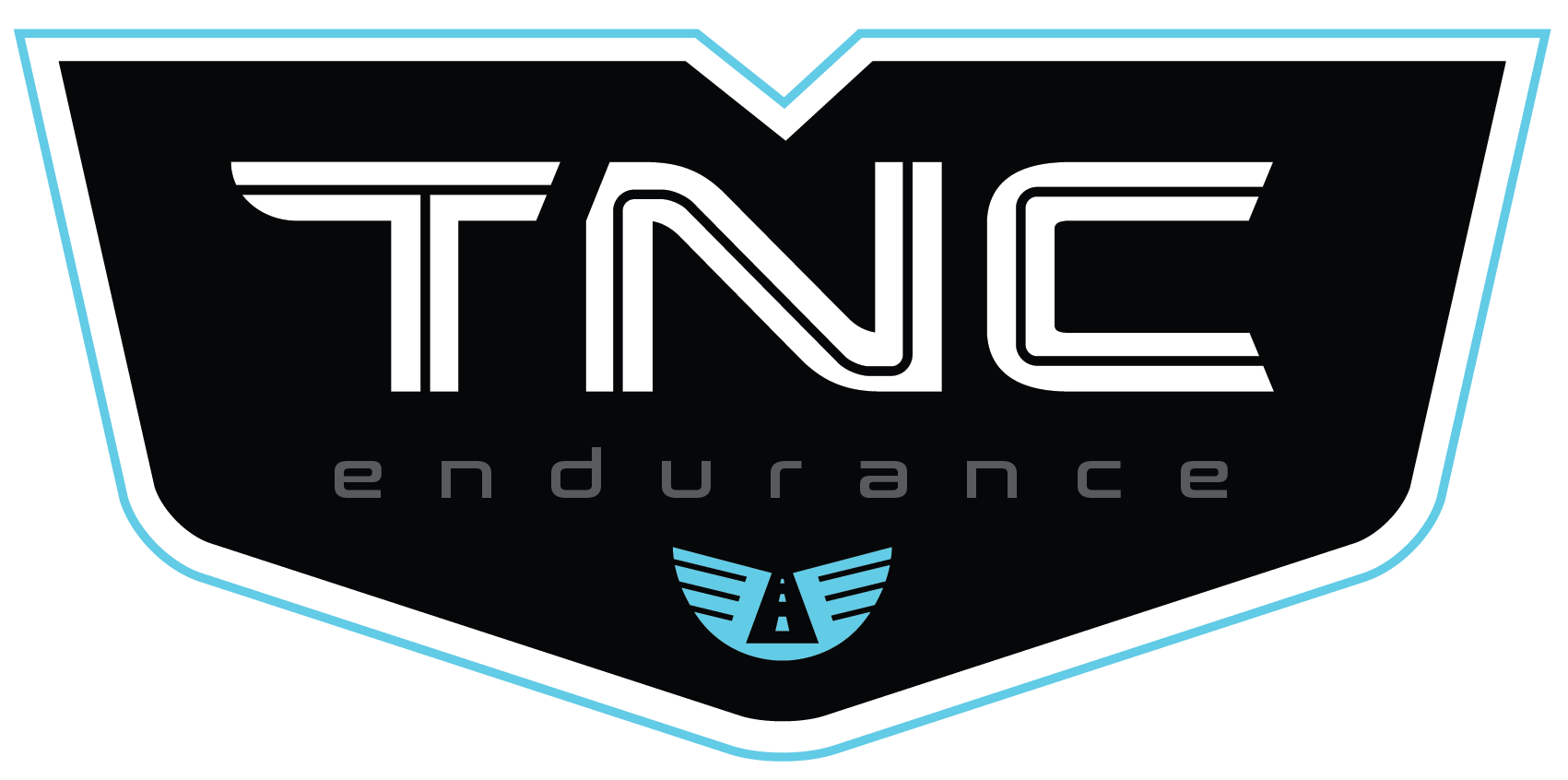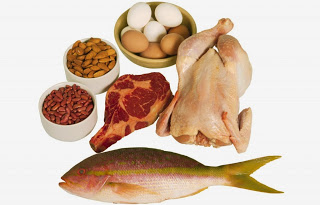Motivation Monday – Protein!
Most
Americans consume a 12% protein diet and most body builders eat a 25% to 30%
protein diet, per Paul McCarthy’s How Much Protein Do Athletes Really Need?
Physician and Sports Medicine.
SOOO – how much do runners actually need? Somewhere between 12-30% of total caloric intake? I’ll focus on endurance athletes in this post.
For higher mileage athletes, I recommend between .8-1 gram of protein per pound of body weight. I’ve seen other recommendations as well: 1 gram per pound of lean body tissue, 1 gram of protein for “ideal” body weight (for those looking to lose weight), etc..
Nancy Clark’s Sports Nutrition Guidebook states that protein recommendations in general are:
- Sedentary adult 0.4 per pound of body weight
- Active adult 0.4-0.6
- Growing athlete 0.6-0.9
- Adult building muscle mass 0.6-0.9
Alright, Nichole, you’re telling me to take in anywhere from 85-150+ grams of protein/day. What?!? How can I even hit close to that target? (Most common comment from females – males apparently have no problem adhering to the “more protein in your diet” recommendation!)
For those that embrace meat, I encourage you to do so. Meat is a great source of protein, and if you make sure it’s red, it’s also an AWESOME source of iron. If you don’t, there are plenty of other sources as well. Here is a short list of my go-to protein sources:
- Meat, poultry and fish: 7 grams per ounce *
- Tofu: 5 grams per ounce
- Greek Yogurt (my favorite easy form of protein!!!): 22 grams per cup! (Dannon Oikos brand, 120 calories per cup)
- Protein supplements: ~15 grams/scoop (~80 calories/scoop/serving). A protein shake is GREAT post-workout or as a snack. You can add milk/almond/soy milk, frozen berries, bananas, yogurt, etc.
- Beans, dried peas, lentils: 7 grams per 1/2 cup cooked
- Peanut Butter: 8 grams per 2 Tbsp
- One large egg: 4 grams. I love hard-boiled eggs as a side to lunches or as a snack mid-day.
- Milk: 8 grams per cup
- Bread: 4 grams per slice
- Cereal: 4 grams per 1/2 cup
- Vegetables: 2 grams per 1/2 cup
- Cottage Cheese: 13 grams per serving (1/2 cup) in Land O’ Lakes’ Probiotics Cottage Cheese (90 calories)
ounces of meat is approximately the size of a deck of cards or the palm
of a woman’s hand.
reap the benefits that animal-derived sources provide (Dr.
Tarnopolsky). That seems like a lot, but you get the point 🙂
One example of an easy complete protein vs. incomplete protein substitution: Instead of almond milk (incomplete), switch to Soy (complete).
I’ve looked at a lot
of athlete’s nutrition logs. The most common deficiency is protein
intake. DON’T be that athlete! You need protein to rebuild the muscle tissue you are breaking down in your workouts. Being deficient means you can’t recover as quickly or effectively!
*Disclaimer: I am not a licensed
nutritionist, but I have done my fair share of reading and research, and
have worked with some very good nutritionists over the years. Take what
I recommend as a general rule, and consult a nutritionist to refine
things for your personal situation.


